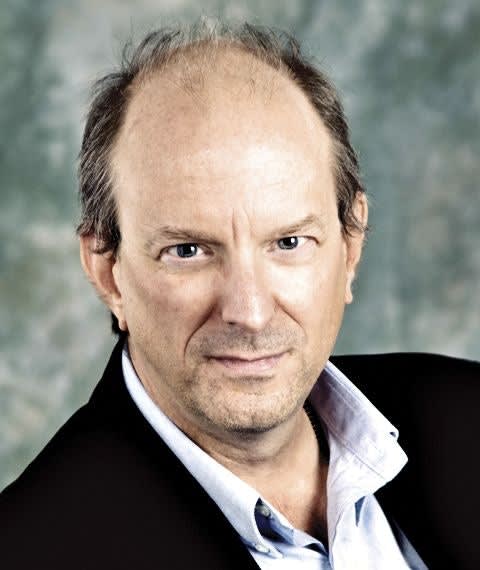Since the August 2014 officer-involved shooting that made Ferguson, MO, Officer Darren Wilson and a 19-year-old man named Michael Brown into household names, law enforcement officers have been the target of a campaign. And all campaigns, whether they are designed to promote a product through advertising, elect a candidate, or accomplish a military objective, must have an a overarching strategy.
The first thing you have to do when creating a strategy for a campaign is define victory. Many people watching the Black Lives Matter movement have long seen its goal as quite literally changing the way law enforcement officers do their jobs, forcing you to pull back and avoid confrontations with black suspects. And while the final moves of that strategy have yet to occur, the pieces are moving into place.
The Black Lives Matter campaign has consisted of three stages: publicizing its issue, winning widespread acceptance of its message, and demanding and achieving change.
Execution of the first stage of this campaign was brilliant. The person who came up with the hashtag "Black Lives Matter" as the name of the movement is a marketing genius. The name isn't evocative of black supremacy, black power, or black separatism—even though some people involved in the movement hold such beliefs. It's a statement that all but the most anti-black people would find hard to dispute, and that makes it difficult for anyone to mount effective opposition against the movement. Any time that someone counters with, "Of course black lives matter, all lives matter," the movement's leaders can counter with cries of "racism" and "You just don't understand."
Which brings me to the second element of the first stage of the BLM campaign, spreading the word. Anyone who doubts Black Lives Matter has achieved widespread acceptance hasn't been paying attention. Mothers of black men justifiably killed by police were a fixture at this summer's Democratic National Convention. Worse, Hillary Clinton declined to even pursue the endorsement of the National Fraternal Order of Police when in most election years presidential candidates will sell their children's souls to get the police endorsement and the law and order vote. Celebrities are mouthing BLM talking points without questioning their logic. Elementary school teachers in Seattle are wearing "Black Lives Matter" T-shirts in class. And when the second string quarterback of the San Francisco 49ers sat down during the playing of the national anthem because of "police brutality," almost every journalist covering that story just reported the protest was about police brutality, as if police brutality was a given.
So I believe we have reached the end game of this strategy. The riots in Charlotte and Milwaukee both are moves in the final stage of BLM's campaign. The movement was founded on the Trayvon Martin incident but it really caught fire with outrage over "unarmed" black men being killed by white police. But in both Charlotte and Milwaukee it was black officers who used deadly force and the men who were shot were armed. So here comes the checkmate.
Some people believe BLM wants to kill cops. Actually, when cops are killed that's a setback for the group. Now I don't believe they are crying at police funerals, but when cops are killed it makes it harder for them to achieve their goal, reducing police presence in predominantly black areas and restricting your force options. I believe that by the end of this decade, the legal grounds for law enforcement officers using deadly force will be much more narrow and likely require an actual attack on an officer or a civilian to be in progress before you can fire.
You may think that's unlikely. But the Supreme Court is at issue in this election and Hillary is still the favorite. If she wins and names a liberal judge or two to the court, anti-police attorneys will very quickly try to chip away at your protections under Graham v. Connor.
Even if Graham v. Connor survives, I see no scenario for the future in which your ability to defend yourself is not seriously compromised by the consequences of the campaign Black Lives Matter has waged against you. Which means it will be even more difficult to find qualified police recruits and retain veteran officers. God help those officers who continue to serve under the new rules of engagement.













